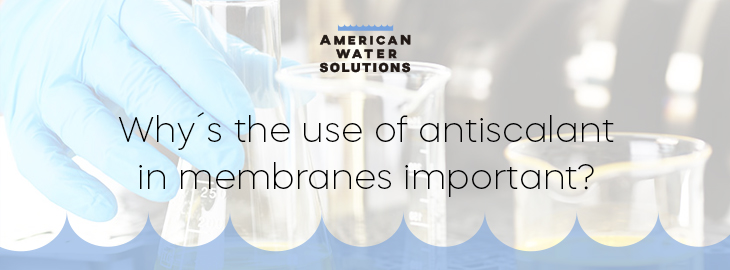
The evolution of standardized parameters indicates that antiscalant is effective in inhibiting scale formation and preventing fouling by colloidal material in reverse osmosis membranes.
Scaling refers to the deposition of particles on a membrane that cause it to become clogged. The blocked surface due to fouling causes a decrease in permeate flux, reducing process efficiency and increasing operating costs.
After an induction period, the plant flow rate decreases rapidly. The duration of this period varies according to the type of scale and the degree of supersaturation of the light soluble salt.
The use of AWC antiscalant can eliminate the need for acid dosing, allow plants to operate at higher recoveries and reduce the frequency of cleanouts.
AWC has developed highly effective inhibitors that are unmatched in the industry for controlling the most challenging fouling.
Learn about the different antifouling models for AWC line membranes